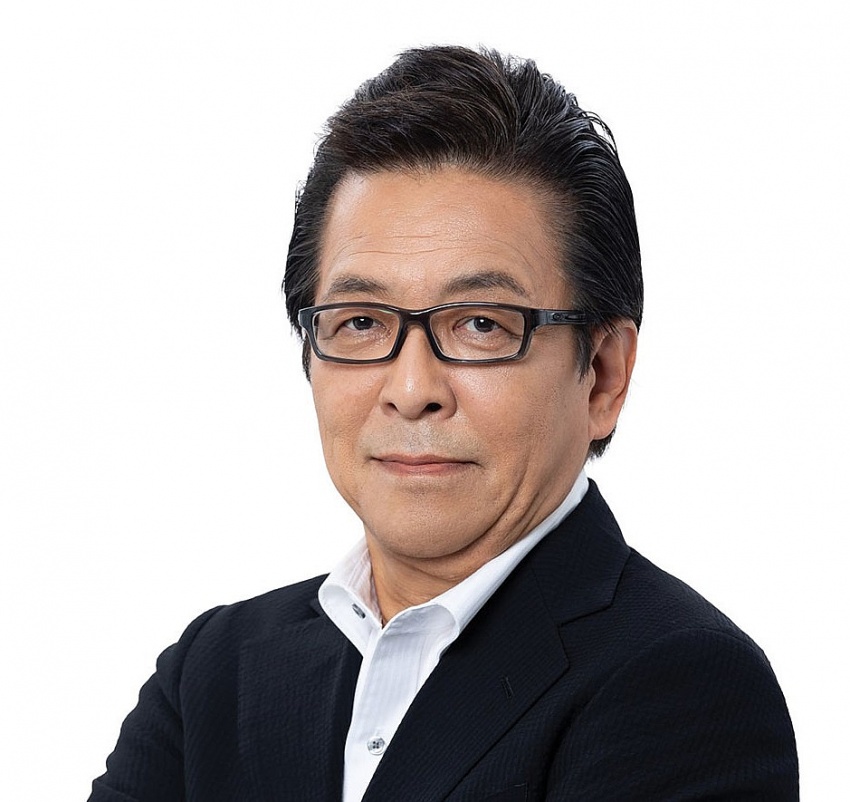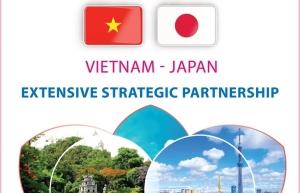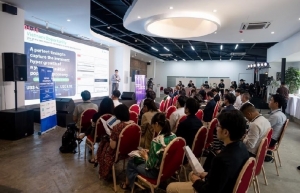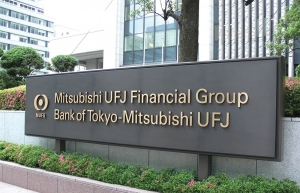Japanese investors still motivated by M&A promise
With only three months left until 2024, how do you think the year has gone for mergers and acquisitions (M&As) in Vietnam?
 |
| Masataka “Sam” Yoshida, head of the Cross-border Division of RECOF Corporation |
We know Japanese companies remain interested in the strategic values of partnering with Vietnamese companies, but the statistics indicate that the recovery we saw after the pandemic has somewhat slowed down.
According to our statistics, which cover all the publicly disclosed transactions involving Japanese companies, the number of transactions between January and August was 10, down from 13 in the same period of the previous year.
Vietnam retained its second ranking position after Singapore among Southeast Asian countries as investment destination from Japan. Japanese investments also slowed down in other countries in the region across the board. Whether the slowdown was caused by geopolitical tensions, inflation, or global economic slowdown, it hit Southeast Asian counties more than other regions because M&A transactions from Japan to North America and Europe continued to record growth.
SMFG’s $1.5 billion investment in VP Bank was the only highlight of Japanese M&As in Vietnam this year. What are the reasons behind the slowdown of dealmaking?
The deal demonstrated the culmination of the banking sector alignment between Vietnam and Japan. This single transaction pushed up Vietnam’s position to top in terms of the value of M&A transactions among Southeast Asian countries from Japan. This was also among the top 10 transactions which involved Japanese companies (both in Japan and overseas) this year.
Having said that, we usually rely on the number of transactions rather than the total value of the transactions when we look at the M&A market trends because the value often fluctuates with fewer but bigger transactions.
Accordingly, we may have to admit that the flow of M&A deals between Japan and Vietnam somewhat slowed down this year. Actually, our Japanese clients remain active looking into opportunities, and our daily business remains hectic with multiple of ongoing due diligence and negotiations, but the overall investment sentiment may have been affected by the global political situations, economic and financial turbulence, and especially the weakening of Japanese Yen.
This year marks 50 years of Vietnam-Japan diplomatic relations. Do you expect any surge in Japanese M&As in Vietnam as the two nations aim to lift their relationship to a higher level?
The enduing partnership of the two countries, which was recently confirmed by the Crown Prince’s visit to Vietnam, remains tight. We remain confident of the complementary needs of Vietnam and Japan, not just in investments, but also in human resources, technology, and other factors that keep cooperation beneficial.
Recent global political tensions and the supply chain issues made Vietnam even more crucial, especially for manufacturing. Some Japanese companies actually re-evaluated Vietnam’s position as the centre of production in the region and accelerated their investments.
Another factor that motivates Japanese companies is the environmental issue and natural resources. Renewal energy is one of the areas that Japan may be able to contribute in terms of technology and finance, while developing and securing natural resources became increasingly important for Japan, with global political tensions and limited natural resources in the country as a background.
M&As between Japanese companies almost doubled on-year to $32 billion for the first eight months of 2023, as corporate Japan focused on domestic business restructuring. How do you see this trend having a spillover effect on the Vietnamese market?
Actually, the Japanese domestic M&A market also showed signs of slowdown in the January-August period with a 13 per cent decline in the number of transactions among Japanese companies, but the total value of transactions did increase by 96 per cent in that time, according to our database.
With the inflationary pressures and global economic uncertainty, some Japanese companies started to be cautious on acquisitions, but the Japanese economy remains relatively healthy and companies are keeping abundant cash. One of the factors driving up the transaction value in the domestic M&A market is investment funds, which keep putting pressure on the Japanese companies to focus on strategic businesses and invest in growth markets.
The other driver is the succession issue of small- and medium-sized enterprises, and M&As have the effect of accelerating the consolidation of various industries and making companies stay young.
Not all Japanese companies have the dynamism which is required to be successful in Vietnam, but we still see more of them willing to enter the Vietnamese market, and such challenges with additional investments will surely have spillover effects on the Vietnamese side.
 | Vietnam, Japan boast extensive strategic partnership Vietnam and Japan officially established diplomatic relations on September 21, 1973, and bilateral ties have developed in the time since and are currently at their best stage to date, developing strongly and comprehensively in all fields. |
 | Japanese investors tap into startups Japanese investors are growingly interested in Vietnamese tech startups to boost footprints and tap into local demand. |
 | Japan at fore of experience in agriculture High-tech agricultural development is set to be intensified between Vietnam and Japan. |
 | Japanese VCs expand tranche of investment Despite headwinds in capital mobilisation, Japanese venture funds are doubling down on Vietnam’s startup ecosystem, underscoring the nation’s pivotal role in their quest to cultivate a vibrant Southeast Asian startup landscape. |
What the stars mean:
★ Poor ★ ★ Promising ★★★ Good ★★★★ Very good ★★★★★ Exceptional
Related Contents
Latest News
More News
- New rules ease foreign access to Vietnam equities (February 05, 2026 | 17:29)
- Vietnam’s IFC creates bigger stage for M&As (February 01, 2026 | 08:16)
- Game startup Panthera raises $1.5 million in seed funding (January 29, 2026 | 15:13)
- Cool Japan Fund transfers shares of CLK Cold Storage (January 28, 2026 | 17:16)
- Nissha acquires majority stake in Vietnam medical device maker (January 26, 2026 | 15:40)
- BJC to spend $723 million acquiring MM Mega Market Vietnam (January 22, 2026 | 20:29)
- NamiTech raises $4 million in funding (January 20, 2026 | 16:33)
- Livzon subsidiary seeks control of Imexpharm (January 17, 2026 | 15:54)
- Consumer deals drive Vietnam’s M&A rebound in December (January 16, 2026 | 16:08)
- Southeast Asia tech funding rebounds on late-stage deals (January 08, 2026 | 10:35)

 Tag:
Tag:



















 Mobile Version
Mobile Version